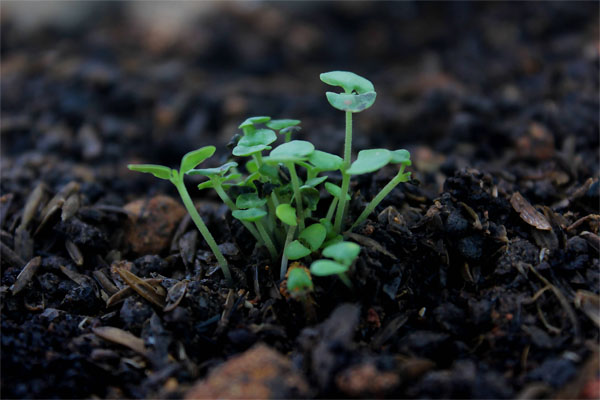
@Crusenho Agus Hennihuno
Regenerative agriculture is a way of farming that focuses on biodiversity and soil health, which has been degraded by the use of heavy machinery, fertilizers and pesticides in intensive farming. It uses ecological practices such as annual crop rotation, the use of compost, cover crops and green manure. Regenerative agriculture rejects the use of chemical (potentially harmful) substances, such as pesticides, herbicides, fungicides and fertilizers, but instead ecosystem services to produce in harmony with nature.
Country:
International (examples: Belgium, Portugal)Difficulty level:
Organizing - Medium / difficultWhy?
Regenerative agriculture is an essential pillar of the circular economy given the immense environmental impact of the agricultural sector. According to Regeneration International, there may not be enough healthy soil left to feed the world within 50 years. Intensive farming also causes the soil to release naturally stored CO2 into the atmosphere . Furthermore, damaged soil and eroded land increase the vulnerability of ecosystems to extreme weather events, such as flooding.
How youngsters can get involved
Young people can practice regenerative agriculture by:
Skills and Competences
How youngsters can get involved
Herdade do Freixo do Meio (Portugal): https://freixodomeio.pt/
Slow Flower (Belgium): https://www.iletaitunefleur.be/






